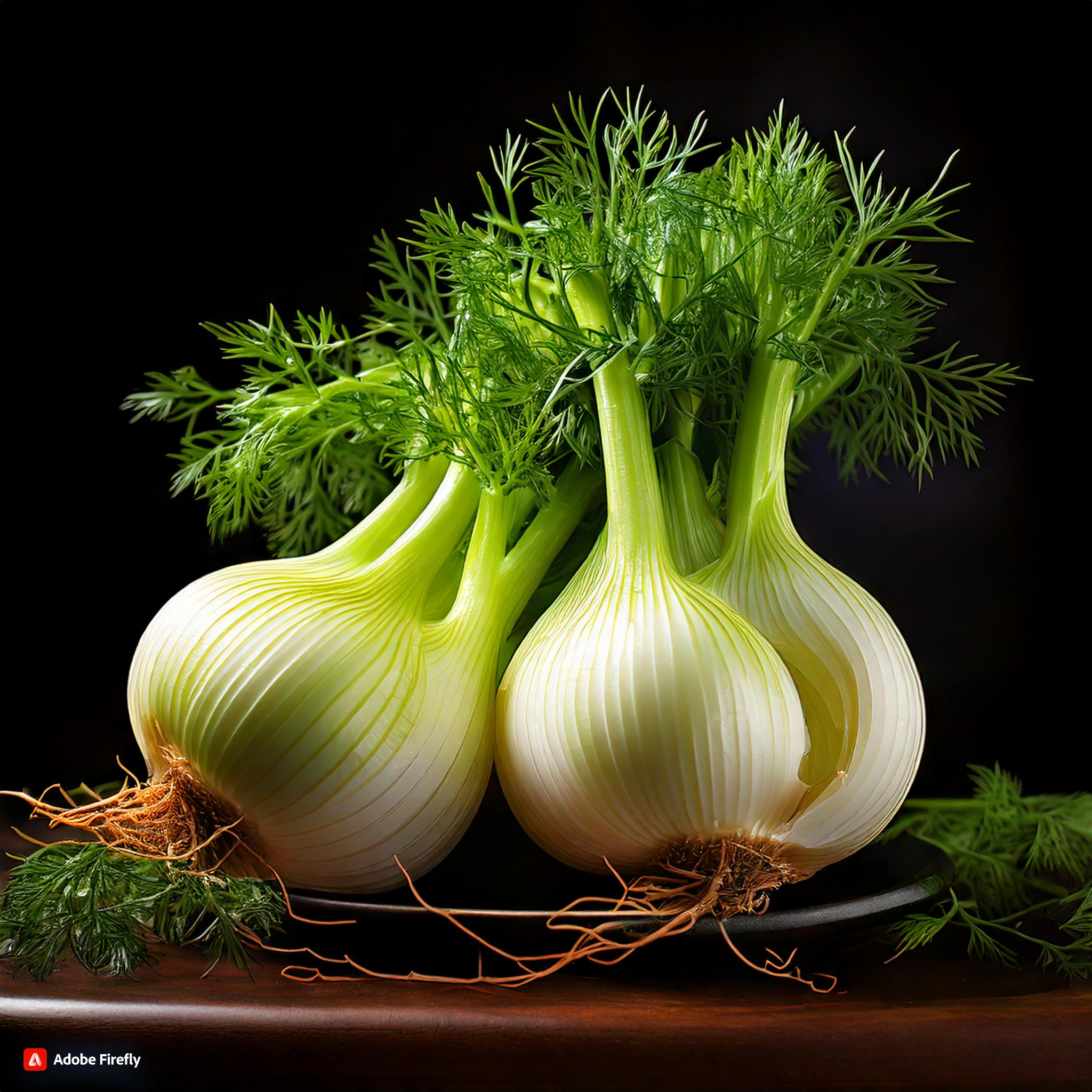
Fennel, botanically known as Foeniculum vulgare (Fam. Apiaceae), is a flowering plant in the carrot family. It is a hardy, perennial herb with yellow flowers and feathery leaves, indigenous to the Mediterranean but has become widely naturalised in many parts of the world, especially on dry soils near the sea coast and on riverbanks. It is also called bitter fennel, sweet fennel, common fennel, and wild fennel.
Constituents
Fennel contains protein, carbohydrates, fibre, saturated and unsaturated fatty acids, essential and non-essential amino acids, and minerals like calcium, iron, magnesium, phosphorus, potassium, sodium, zinc, copper, and manganese. Also present are Vitamins A, C, B1, B6, and Niacin. Essential oil containing volatile compounds like the polyphenol antioxidants rosmarinic acid, chlorogenic acid, quercetin, and apigenin have been identified in fennel. Other compounds identified include anethole, fenchone, methyl chavicol, limonene, and estragole.
Preparations
Fennel may be used as the raw bulb, stem, and feathery leaves. The seeds may be used raw, dried, toasted, powdered, infused, or encapsulated. Raw fennel bulb may be incorporated into salads; the seeds may be used to flavour soups, broths, baked goods, and fish dishes. Fennel may be added to dishes and batter for baking.
Pharmacological actions and medicinal uses
In many parts of the world, it is common to eat a little bit of fennel after a meal to aid with digestion and relieve gassiness, period cramps, and colic. Fennel is a rich source of antioxidants. Its appetite suppressant, anti-inflammatory, and anti-cancer properties may make it useful in weight management, pain relief, and reduction in the risk of chronic diseases. The strong anti-spasmodic and carminative effects of fennel seeds help in treating flatulence, heartburn, indigestion, bloating, and conditions like irritable bowel syndrome (IBS). The relaxing effect of fennel on the intestinal muscles can help relieve constipation.
A review revealed that components naturally available in fennel plants, including the seeds, have antibacterial, antifungal, and anti-inflammatory properties. This may help get rid of bacteria that can cause gassiness in cases of food poisoning or an upset stomach. Anethole is the main component that gives fennel seeds these beneficial effects, including relief of symptoms of colic in infants. Animal and test-tube studies note that the organic compound anethole has anticancer, antimicrobial, antiviral, and anti-inflammatory properties. Fennel may be useful in arthritis management.
Studies suggest that people who follow diets rich in these antioxidants have a lower risk of chronic conditions like heart disease, obesity, cancer, neurological diseases, and type 2 diabetes. One test-tube study showed that anethole suppressed cell growth and induced apoptosis, or programmed cell death, in human breast cancer cells. The plant compound limonene helps combat free radicals and has been shown to protect rat cells from damage caused by certain chronic diseases.
Fennel has been shown to have galactogenic properties; it may increase milk secretion by increasing blood levels of prolactin. A review noted that fennel may improve sexual function and satisfaction in menopausal women, as well as relieve hot flushes, vaginal itching, dryness, pain during sex, and sleep disturbances. This may be due to its content of an ingredient like oestrogen. Fennel may relieve menstrual cramps by reducing the production of oxytocin and prostaglandin. Some people have also used fennel to encourage urination, treat hypertension, improve eyesight, prevent glaucoma, clear mucus from the airways, and detoxify the body.
Adverse effects
Due to its oestrogen-like activity, the fennel plant may be potentially teratogenic; it has the potential to disturb foetal growth and development because high doses may have toxic effects on foetal cells. There is a possibility of allergic reaction to fennel.
Economic uses and potentials
Dried fennel seeds cost between ₦1,500 and ₦10,000 per 100g. The oil cost between ₦5,000 and ₦11,500 per 250ml. Global fennel seeds market reached a value of $68b in 2023, with projections to reach $128.19b by 2031. Opportunities exist for fennel in cultivation, processing, pharmaceutical, cosmetics, beverages, transport and distribution industries.
References
Wilson D.R. (2019). Fennel seeds for fighting gas. Healthline. Retrieved from https://www.healthline.com/health/fennel-seeds-for-gas on 27th August, 2014.
Pharm. Ngozika Okoye MSc, MPH, FPCPharm
(Nigeria Natural Medicine Development Agency)
Email: ngozikaokoye@yahoo.com










